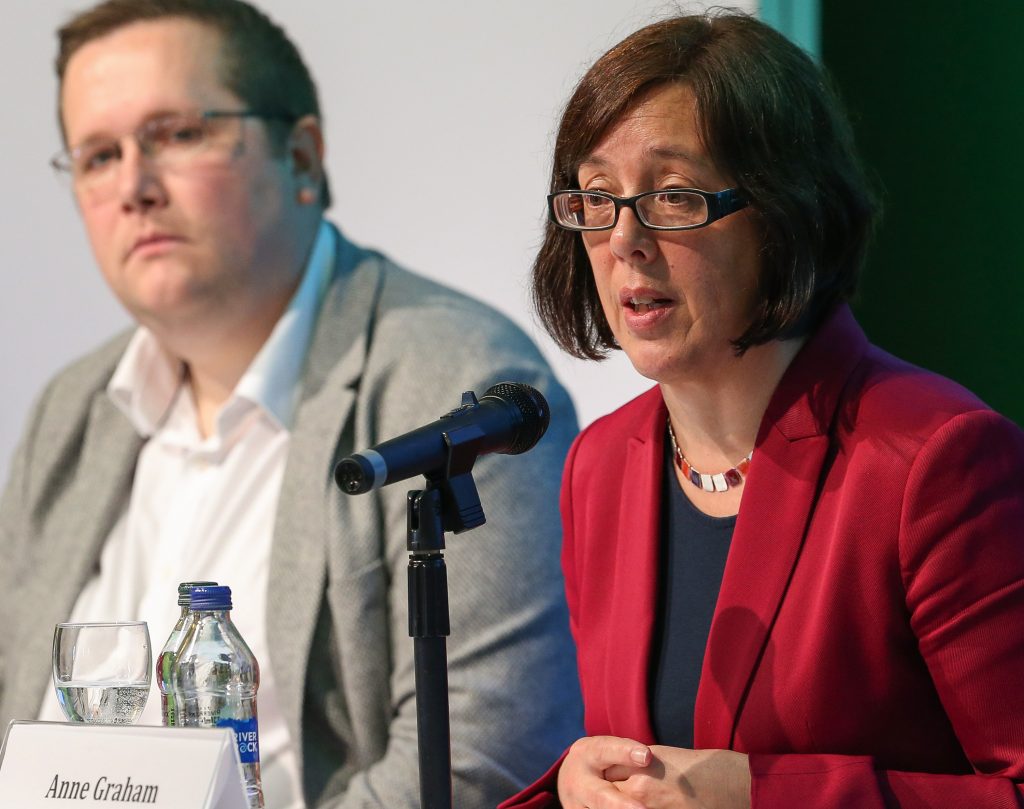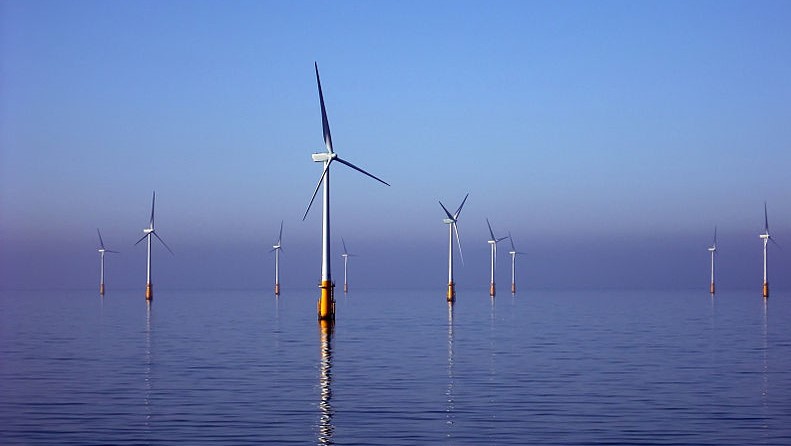Green Party calls for Ireland’s first electric bus fleet pilot in Kilkenny

January 9th, 2018
The Green Party has called on Transport Infrastructure Ireland (TII) to use Kilkenny City to pilot the first fully electric bus fleet in the country.
The Greens made the call as TII prepares to roll out the ‘Local Link’ community public transport services to smaller regional towns across Ireland.
While welcoming the decision to prioritise small rural areas, Green Party Councillor for Kilkenny City Malcolm Noonan said that he was disappointed TII did not take up on his proposal to use an all-electric fleet.
Cllr Noonan said that he presented a proposal for a fleet of six electric buses at a meeting with TII last year, as well as raising the idea with Kilkenny County Council.
He added: “The National Climate Advisory Council is advising that we decarbonize our public transport fleet, we are seeing ambient air quality in our regional towns deteriorating year on year due to diesel emissions and I think the time is right to move with many other municipalities around the world who are going electric.
“Perhaps with the partnership of Sustainable Energy Authority of Ireland (SEAI) and local industries or businesses, we could share the burden of initial capital costs, recognizing that an electric fleet would be far cheaper to run and would gain public support through cheaper fares and the novelty factor,” he added.
Transport Emissions on the Rise
The latest figures from the Environment Protection Agency show that Ireland’s emissions increased by 3.5 per cent in 2016, with a 13 per cent increase in transport emissions over the last four years.
Overall, transport accounted for one-fifth of total emissions in 2016, which are set to grow by 10 to 12 per cent above 2015 levels by 2020 primarily as a result of economic growth and the knock-on demand for transport.
Speaking at the Citizens’ Assembly on climate change in November last year, Trinity College Dublin Professor Brian Caulfield said that this projected increase makes it crucial that we create low carbon transport options as soon as possible.

Anne Graham (R), CEO National Transport Authority, with Dr. Brian Caulfield (L) at the Citizens’ Assembly, TCD, Photo: MAXWELL’S
He pointed to an overhaul of how we fuel our transport through the electrification of our vehicles and use of biofuels, especially in rural areas where public transport options are currently limited.
He said, however, the key shift needed is a reduction in our reliance on private vehicles toward a low carbon transport models in which walking and cycling are the main modes of transport. The number of cars on Irish roads is predicted to increase from 2 million in 2016 to over 3 million in 2050 in line with the economic recovery.
CEO of the National Transport Authority Anne Graham also told the Assembly that we need a complete transformation of our transport sector “notwithstanding the context of a recovering economy”.
Ms Graham said that a “significant step-change in attitudes and behaviours” from both policymakers and the public are vital in the transition to a climate-resilient and environmentally sustainable transport sector.
Public Transport Overhaul
Last year, the National Transport Authority introduced a plan with a list of initiatives to overhaul the current public transport system in the Dublin Region including plans to roll out the BusConnects scheme to use low emission, cleaner technology in the transport systems.
Through the project, it is expected that 500 Dublin buses will be converted to low emission vehicles by 2023. Full conversion of the bus fleets would be completed by 2030. In 2016, Dublin Bus applied to trial hybrid buses but it was declined by the National Transport Agency due to the insufficiency of funds.
[x_author title=”About the Author”]






